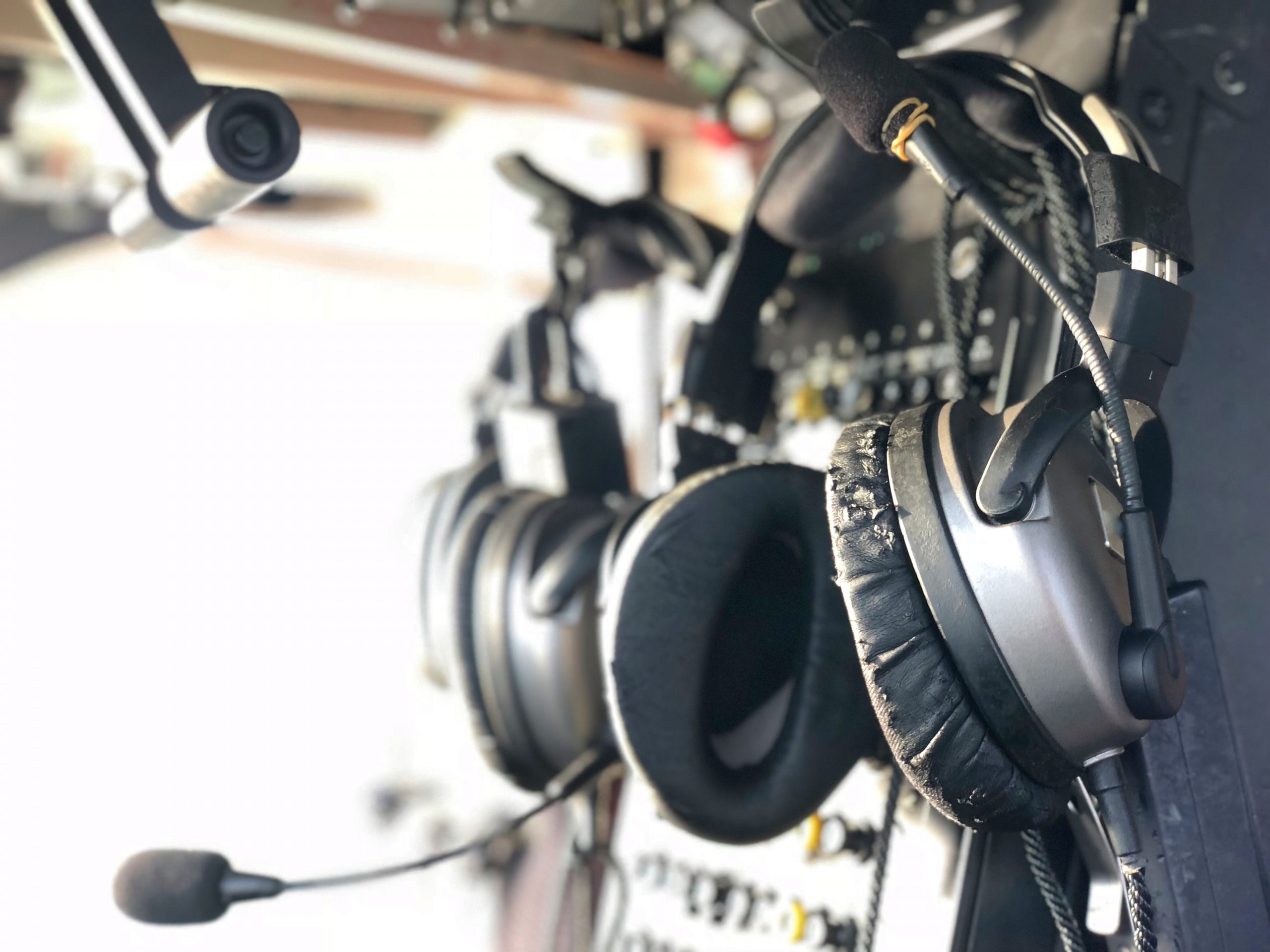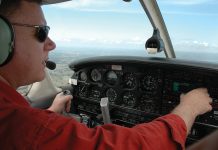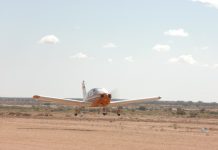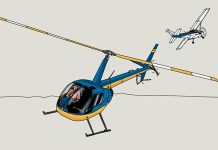The key to safety when using the radio in your aircraft is to pause before speaking. The discipline of a moment’s silence between keying the microphone and starting to speak can make a huge difference.
The reason behind this procedure is that frequency congestion is a common cause of communication breakdown in aviation.
It’s important to remember a single radio frequency is capable of handling only a limited number of radio messages within any specified time. The limitations are determined by multiple factors including length of each transmission, number of aircraft, frequency re-transmission and associated workload.
With an increase in radio traffic, the frequency can become congested and the possibility of over-transmission by ATC or a pilot becomes an issue.
This congestion of a frequency can lead to important calls being missed or critical information being lost. For example, a pilot reporting downwind or broadcasting traffic information on a CTAF may not be heard, if this coincides with the transmission from another aircraft. There is also the possibility of callsign confusion or a pilot intercepting a call intended for another aircraft.
All occurrences resulting from frequency congestion can have significant implications for safety performance, although once identified as an issue, the problem can be managed effectively. In doing so, it is important to maintain good radio procedures and listen out for a break in transmissions before using the frequency.
Additionally, a delay in a response from ATC may be experienced, due to different priorities or calls being over-transmitted, so allow some time before repeating the transmission. The use of standard phraseology will also help with clear communication between pilots and ATC.
At times of high frequency congestion, pilot and ATC workload is increased due to the necessity to resolve any confusion. So remember—listen out and then take a short pause between keying the microphone and beginning to speak.
It could make all the difference to your radio call being heard.






Comments are closed.